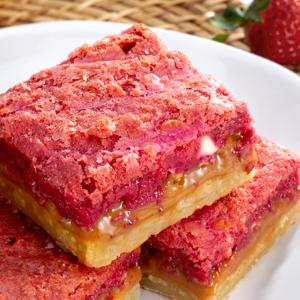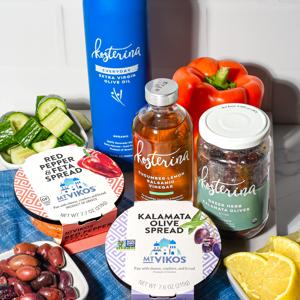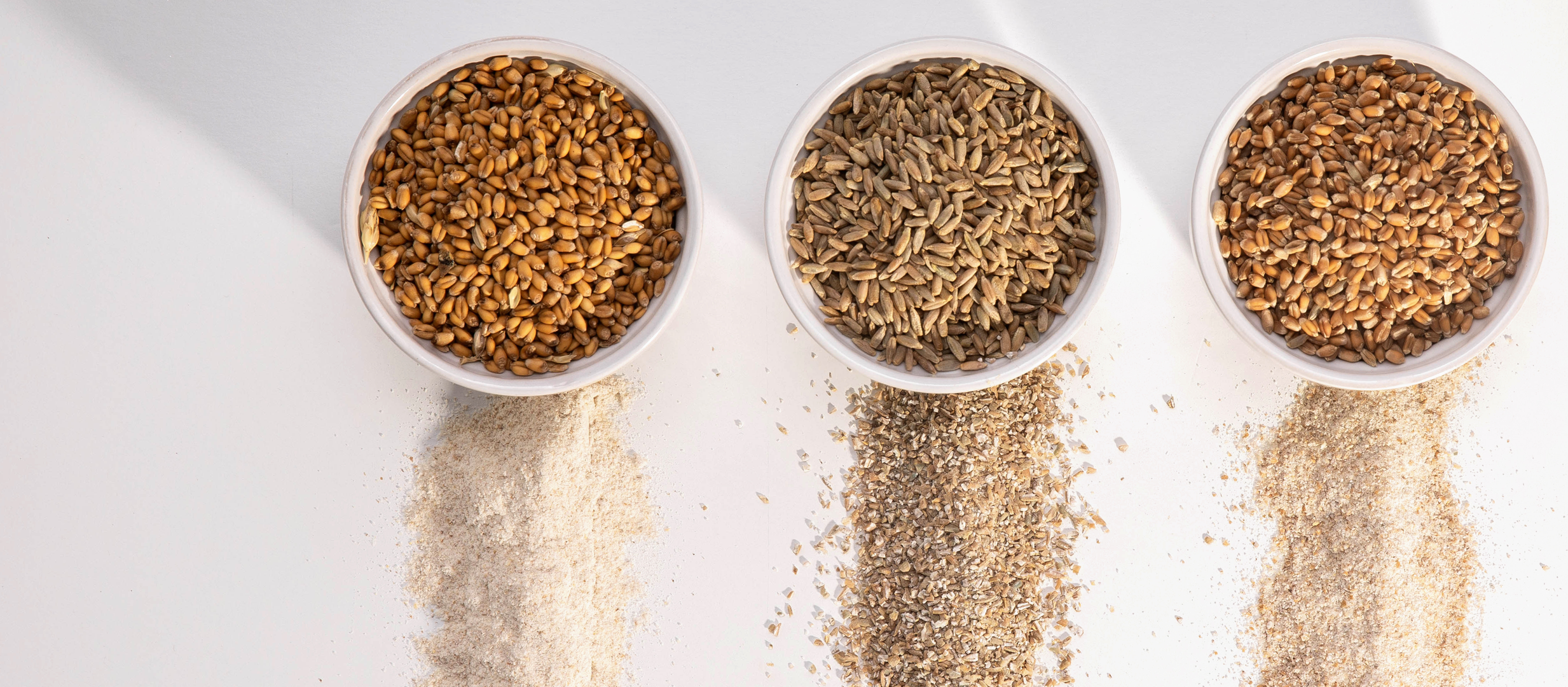
A Local Grain Collaboration: Farmer + Baker

- POSTED Jan 22nd, 2025
- BY Greg Tyzzer
As bakers, we certainly know more about farming than we ever thought we would. We’d like to think the same goes for our group of local farmers and millers when it comes to baking. After nearly ten years of working together to procure local grains to bake bread with, we have found that there are actually many parallels between baking and farming. The biggest is that resisting modern-day conveniences and actually going backwards in our methodologies to time-honored techniques is sometimes the best way forward.
Baking bread with locally grown grains isn't always the easiest. Just as farming with regenerative agriculture in mind isn't always the most convenient. When baking, we've found that letting the flours behave the way they want with little manipulation is key. It takes more patience and we rarely get it right on the first try, but it's worth it.
Communication between the baker and the farmer, especially when they also are the miller, is imperative. That is one of the benefits to working locally—we have a local product that can be adjusted to fit the needs of our recipes. We've also learned much from our farmers, including the many benefits of regenerative farming and how that results in a more nutrient-dense and equally delicious bread.
IT ALL STARTS FROM THE GROUND UP
Regenerative agriculture is a term we see popping up more and more these days, especially as we continue to grow our local grain program here in the DLM Bakehouse. But with this comes some common questions as to what regenerative farming actually is, how it compares to organic, and how it applies to what we do on a daily basis as our skilled bakers craft bread completely from start to finish day in and day out.
Regenerative farming can be thought of as the artisan bread baking approach of the agriculture community. By working with the local farmers, we are learning about how even the soil effects the grains we use for bread, including benefits from a health and ecological standpoint.
In action, the farmers are working with nature rather than against it. This can mean rotating crops to help mitigate insect infestation and disease. Farmers can use cover crops and no-till methods to keep top soil from eroding or oxidizing. These methods also exclude the use of glyphosate and other harsh pesticides that some conventional grains may contain. An added benefit is that the microbiome is kept alive within the soil that would otherwise not be there.
This transition into using grains with the least amount of tampering as possible has led us on a journey to make our bread as clean as possible when it comes to other ingredients, too. For example, all of our sourdough breads (Miche, Farmhouse, and Sourdough) are now made with organic flour.
We’ve even gone as far as using organic cornmeal on the bottom of each loaf and feeding our starters with organic and locally grown flours. Although we are not a Certified Organic Bakery, we are very passionate about making our bread as simple and nutritious as possible, whether it be regeneratively farmed ingredients, or local and organic grains when possible. The term organic focuses less on soil health and more on using fewer synthetic pesticides. However, both "organic" and "regenerative farming" complement the other as both methodologies achieve similar goals in producing a cleaner, more nutrient-dense product.
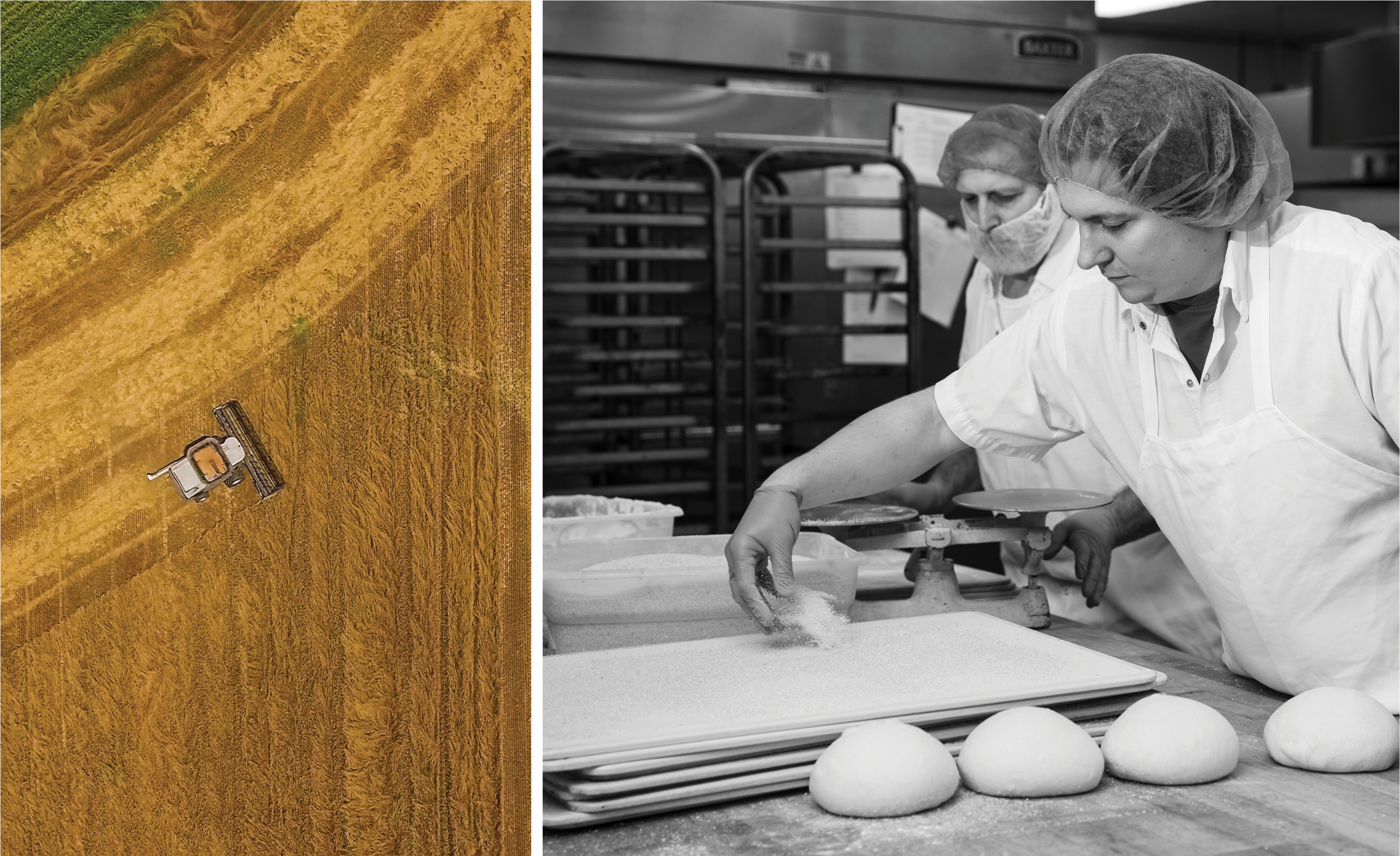
THE CIRCLE OF FARMER, MILLER, AND BAKER
There is something fundamentally human about bread baking and farming that our Bakehouse finds absolutely captivating. Both professions have been passed down for thousands of years, withstood the test of time, and are engrained into our societal DNA. They also each have unique challenges, especially when it comes to baking with local grains. But the end product is one we feel good about making, and one that you can feel good about feeding yourself and your family.
Meet the Local Farmers
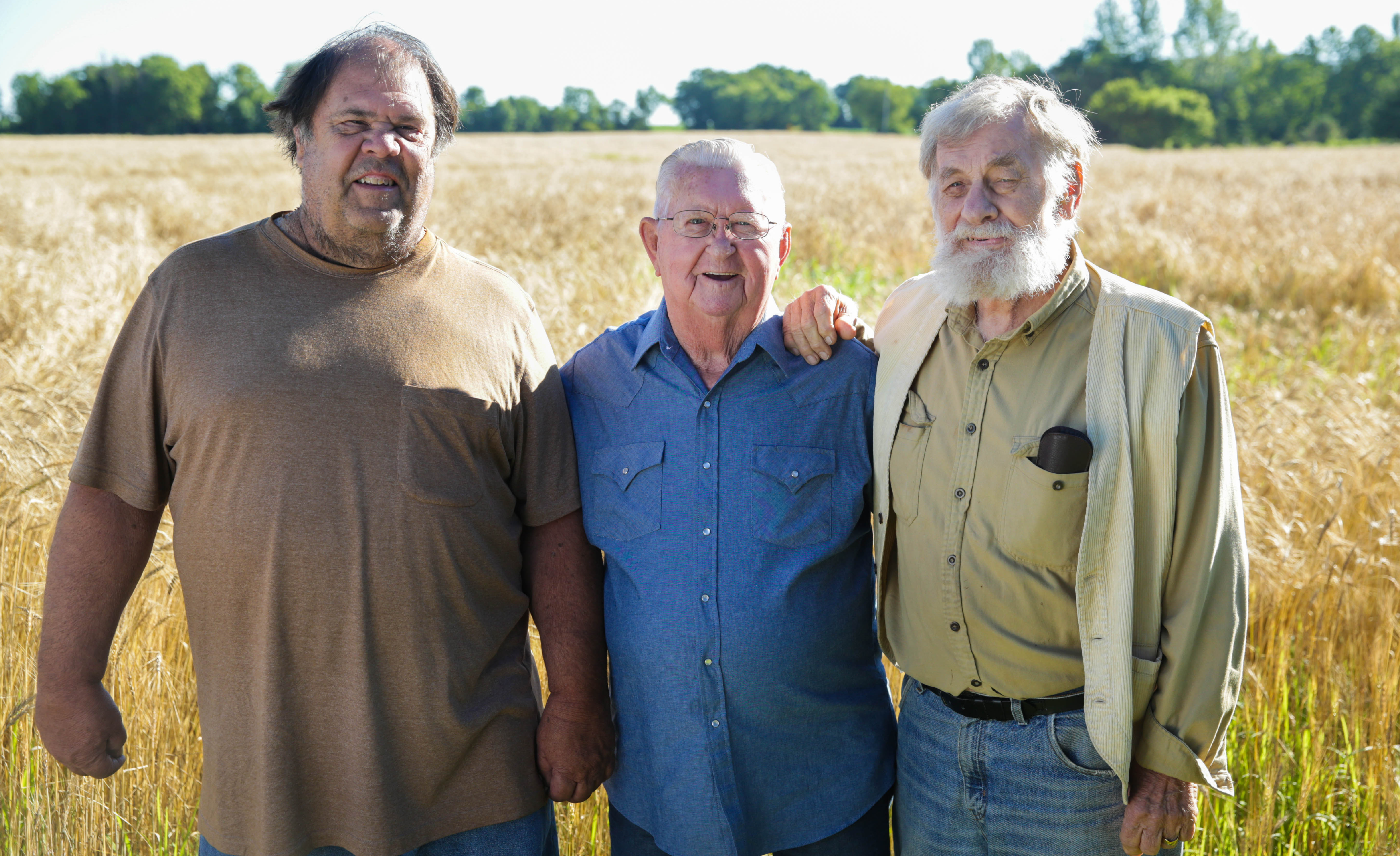
In 2015, Danny Jones, Edward Hill, and the late Dale Friesen joined together in a venture to combine their collective knowledge and passion to grow the challenging Turkey Red Wheat locally. After the wheat is harvested, it is milled farm-side by the Jones family in Xenia, Ohio
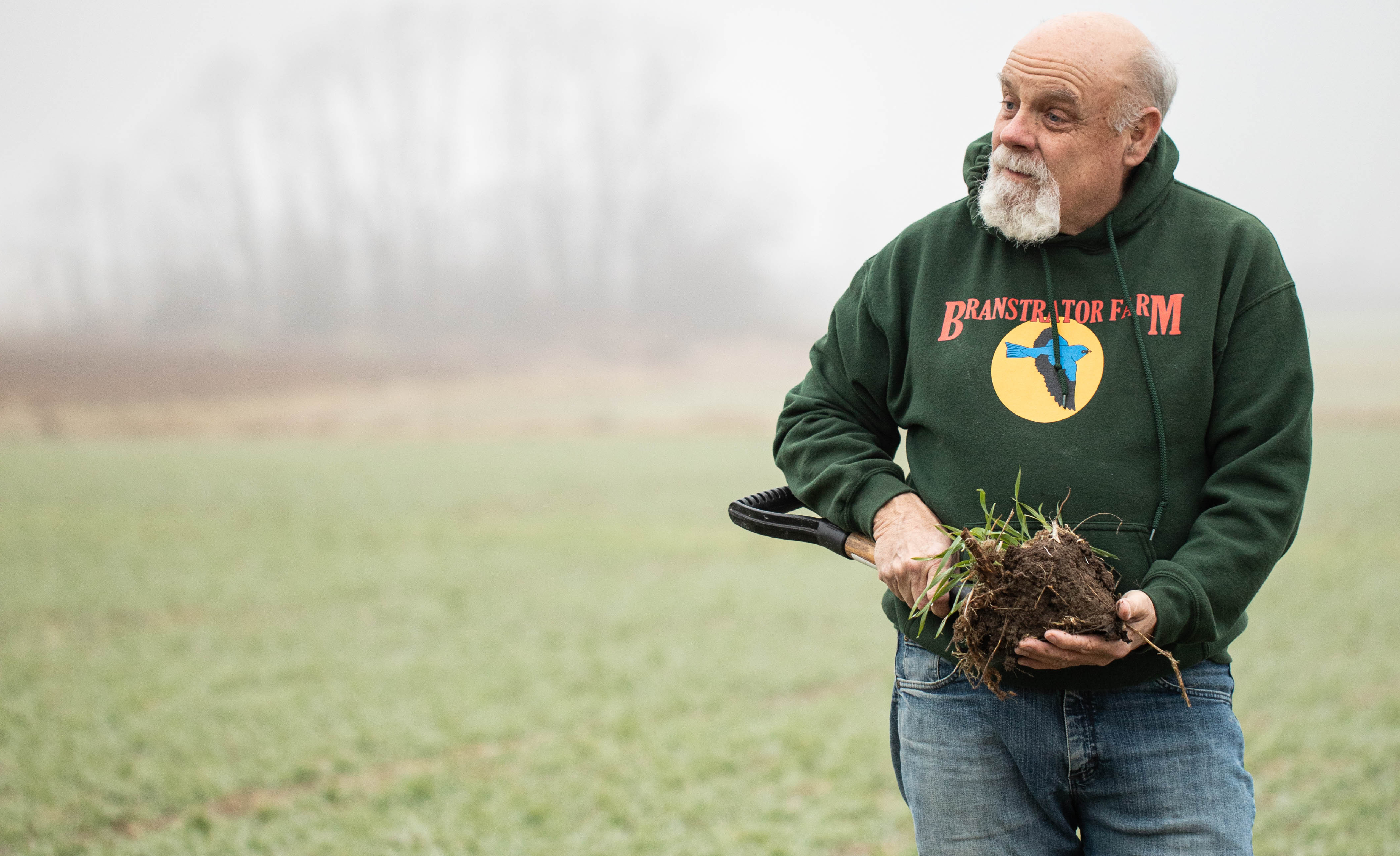
Jon Branstrator farms roughly 175 acres in Clarksville, Ohio. He grows heritage varieties of wheat, rye, spelt, and even buckwheat. He's taught us much about soil science and uses a no-till method to embrace the role of Mother Nature. We are grateful to incorporate grains from Jon in many ways!
Comments
Leave a Reply
-
ONLINE SHOP
(866) 748-1391 shop@dorothylane.com -
Oakwood
(937) 299-3561- Mon - Sun: 6:00AM - 10:00PM
-
Washington Square
(937) 434-1294- Mon - Sun: 6:00AM - 9:00PM
-
Springboro
(937) 748-6800- Mon - Sun: 6:00AM - 9:00PM
-
COMING SOON: MASON
Craving More?
We'd love to fill your plate with recipes, stories of our food adventures, gift ideas, and news of sale items.
SIGN UP FOR OUR E-NEWSLETTERS

